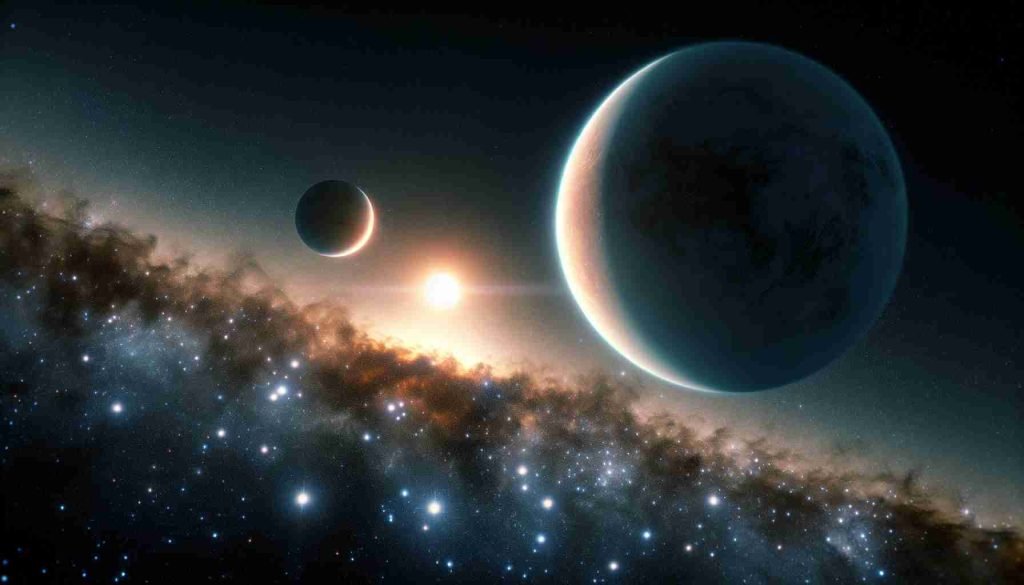Astronomers recently unveiled the discovery of an Earth-like planet, younger and closer than any previously identified, named HD 63433d.
About HD 63433d:
- It is an Earth-like exoplanet that orbits a sun-like star called HD 63433 (also known as TOI 1726).
- The star is about 73 light years away from the sun and is part of the group of stars moving together that make up the constellation Ursa Major.
- The star HD 63433 shares similarities with our sun in size and type but is significantly younger, at roughly 400 million years old.
- It is the smallest confirmed exoplanet, younger than 500 million years old.
- It’s also the closest Earth-sized planet discovered so far, and it’s about 400 million years old.
- For comparison, Earth and the rest of our solar system are around 4.5 billion years old, meaning HD 63433 d appears to be just around 10% of the age of our planet.
- It’s the third planet found in orbit around its star. This planet is eight times closer to its star than Mercury is to the Sun.
- Because of its proximity to its star, which has 99% the mass of our sun, the planet is tidally locked, just like the moon is to Earth.
- This means that one side of the planet, its dayside, constantly faces the star and is permanently blasted with stellar radiation, while the cooler nightside perpetually faces out into space.
- This pushes surface temperatures on the planet’s dayside up around 2,300 degrees Fahrenheit (1,260 degrees Celsius).
- Its orbit is remarkably short, completing a full revolution around its star every 4.2 days.
- Being so hot, so close to its star, and so small, this planet likely lacks a substantial atmosphere.




